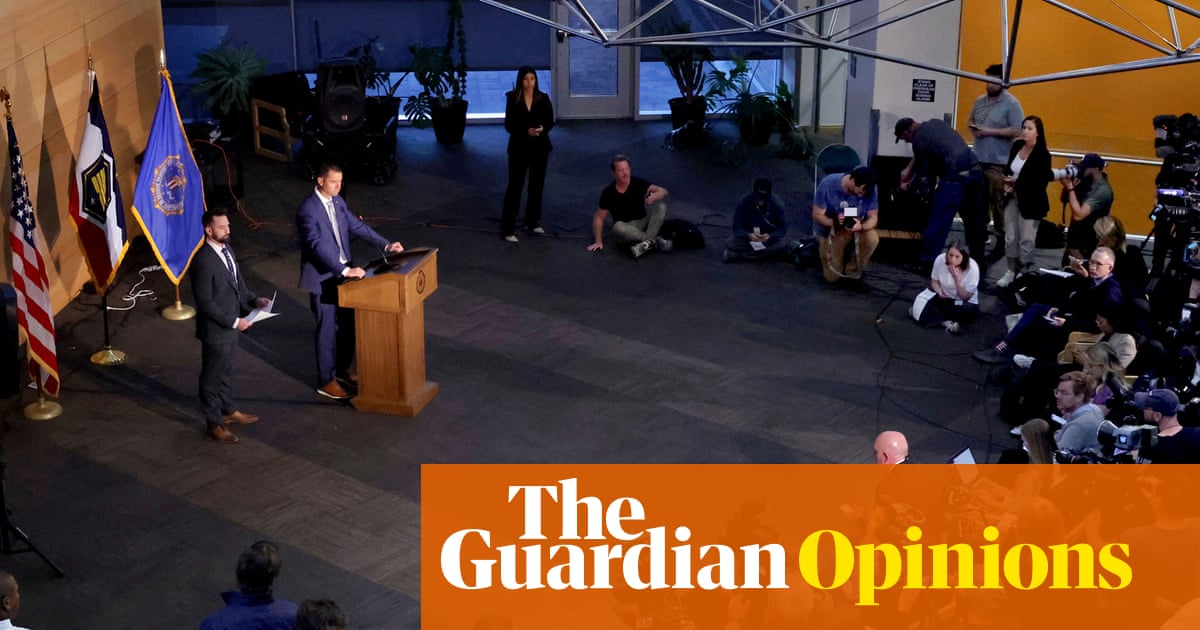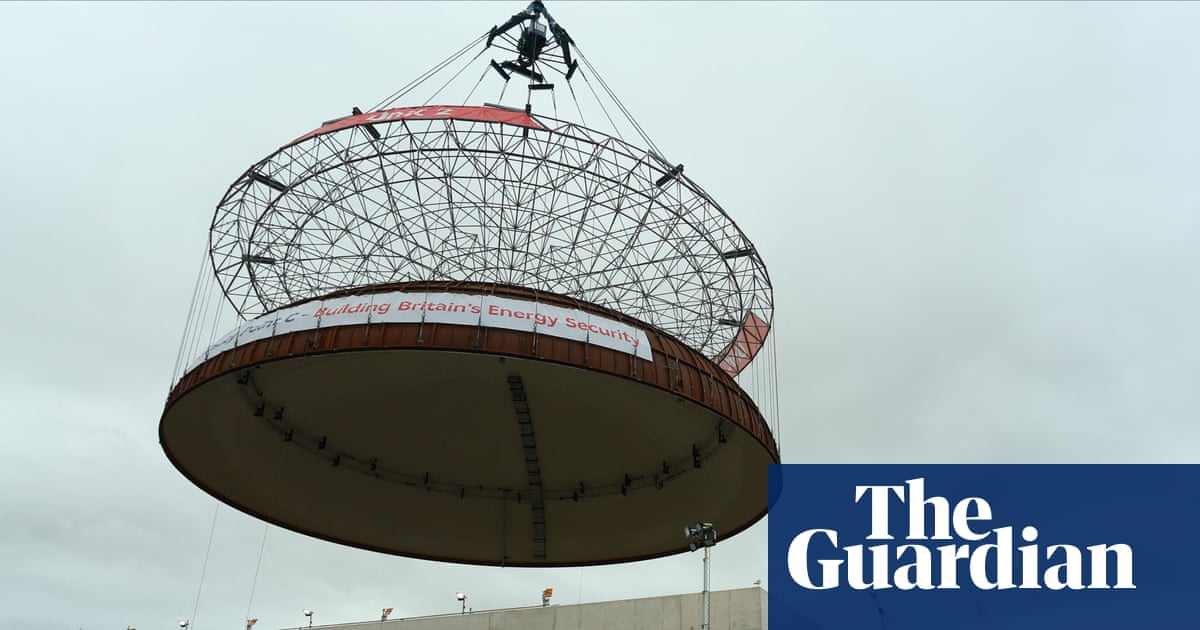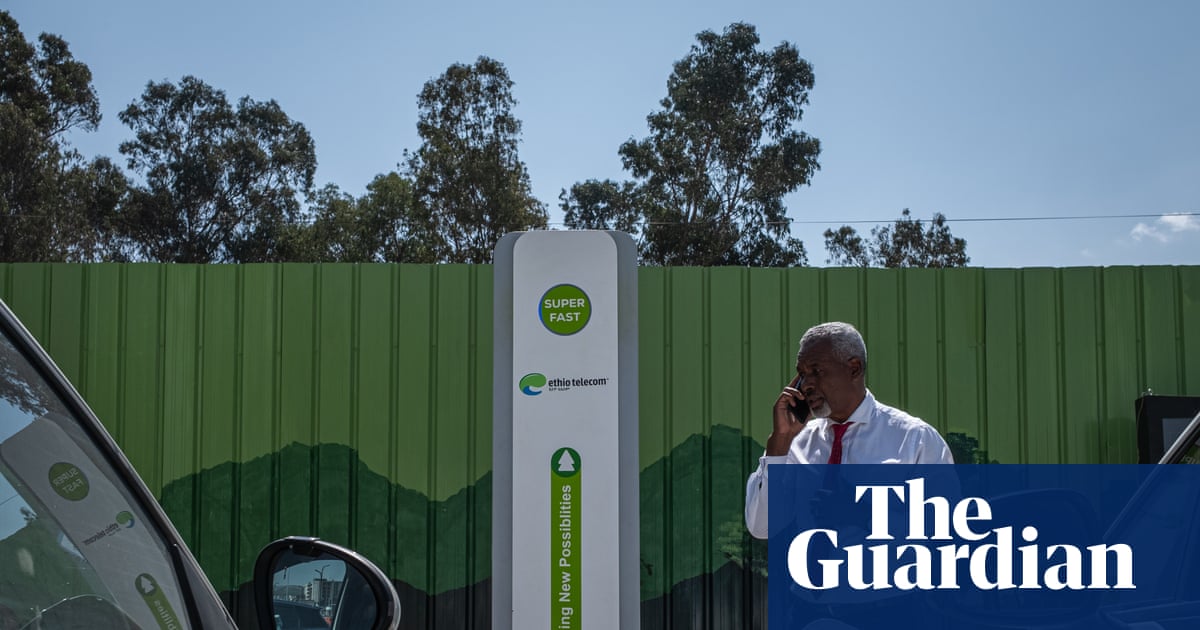There are many lies told by politicians when it comes to immigration in the UK, but none is bigger than the claim that it’s all too easy. Too easy to enter Britain; too easy to be given handouts; too easy to acquire citizenship. The UK is presented as an inert country, passively receiving future Britons that it does not charge, test or, indeed, invite. The government’s latest raft of policies to deal with the “failed experiment” of “open borders” is heavily influenced by this lie, as it is intended to make things harder for immigrants. One of those policies went broadly under the radar, a small technicality amid Keir Starmer’s unsettling rhetoric, but it will have serious consequences.
That policy is extending the period you’re required to be settled in Britain before you can get permanent residency, and then citizenship, from five years to 10 years. As someone who became naturalised under the five-year route, my stomach sank when I saw the news.
There is no automatic route to citizenship in the UK for foreigners, not through marriage to a British citizen or even birth on British soil to non-British parents; there has long been a residency requirement component. The “settlement” route to citizenship is – or was – open to those who have worked and lived in the country legally for five continuous years, and their dependants. After that five years, one can apply for “indefinite leave to remain” (ILR). After a minimum of a year on that status, one can apply for naturalisation, and then a British passport.
If the government’s new policies come to pass, the route to settlement will now take a minimum of 11 years, not including any time spent in Britain as a student or on other visas that don’t count towards the settlement component. I know from experience that five years are already one long trial of keeping jobs against all odds and fighting sudden changes in the law. Doubling that time has ramifications that encompass everything from professional security to that supposed holy grail of immigration anxieties, “integration”.
The panic about settlement is misinformed by temporary patterns and faulty premises. After Brexit and the pandemic, the need to support struggling health and care sectors led to a short-term increase in work visas. And what counts towards immigration numbers includes category errors, such as students, as well as an underlying assumption that all those who enter on long-term visas with a potential for settlement will remain. A report from 2023 indicates that, of those on work routes in 2018, only 38% still had valid or indefinite leave to remain five years later. By this measure, not all workers and their families, not even half, are likely to remain in the UK and apply for citizenship – the punitiveness of the extension is disproportionate to the pain it will inflict. It is particularly gratuitously cruel as the 10-year limit will be applied retroactively. Those who came to the UK based on the understanding that naturalisation was an option, and made big life arrangements on that basis, now find themselves literally unsettled.
Once the proposed new rules were announced, I received a flurry of correspondence and calls. “I feel it is unfair,” Christine (not her real name), a skilled worker who was one year away from securing ILR, told me. “Moving to a new country is not a life decision that anyone takes lightly,” she said. These are people who are keenly aware that they have no recourse to public funds and risk having to pack up and leave if they lose their jobs. Christine understood that uncertainty was part of the deal – but thought it could be weathered if she followed the rules, with the promised reward at the end of being “accepted into British society”.
Vulnerability is a point that recurred in conversations. Even for those happy in their work, the prospect of being in bondage to their employer for double the anticipated time seized them with a sense of precariousness. Workers’ visas are tied to their employers. They can’t just leave or look for another job, unless the new employer is willing to take on the cost and effort of sponsoring them. The new rules limit career prospects, and will expose people to the whims of bosses and employers. Every bad day at work becomes not just that, but a worry that your whole life in the UK may be over. Long-term sickness becomes not just a health calamity, but an existential one.
Then there is the cost and administrative burden. Each extension or renewal of a visa can cost up to almost £2,000, in addition to the £1,035 annual NHS surcharge that migrants need to pay (on top of national insurance contributions). Over a period of 10 years, a family of four could pay almost up to £35,000 in health surcharges alone. There are other potential cascading costs. Children without ILR, for example, will enter the university system as overseas students, and may be treated as such for fees purposes.
Many of these human consequences have not been thought through. We know this because one chilling aspect of the new policies is the lack of specificity beyond the headline summary. The extension comes with the caveat that some people will qualify “sooner based on criteria yet to be decided”, and that there will be a “consultation” later this year. To anyone who has dealt with the Home Office, this working-it-out-as-you-go-along language augurs the sort of unclear process that one immigrant in the throes of challenging a Home Office error once told me was akin to “climbing a crumbling staircase”.
Above all, the rule changes show how little our politicians really care about integration. They constantly cite it as the epitome of what earns the right to be in the country and accuse immigrants of not holding up their end of the bargain.
But being stuck on work visas for year after year amounts to the opposite of integration. It means you can’t vote, cannot have recourse to public funds if needed, cannot fully lean in to British society and participate with a sense of safety and belonging, as you’re constantly trying to minimise costs in case a change in circumstances means relocating. The policy creates a tier of second-class worker, a sort of migrant labourer welcomed for their work and paying of taxes, but shut out from the privileges enjoyed by British nationals.
That’s the real cost of this shortsighted and heartless change. Those who come to the country and build a life, have or bring children, become part of the fabric of society, and work continuously throughout their naturalisation time might soon be prevented for more than a decade from having a relationship with the British state that is defined by anything more than fear and anxiety. If there were ever a “failed experiment”, this is it.
-
Nesrine Malik is a Guardian columnist

 3 months ago
60
3 months ago
60

















































